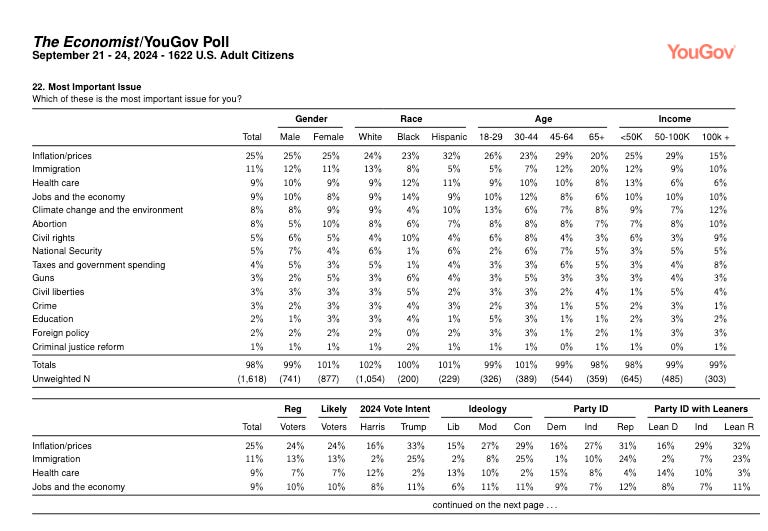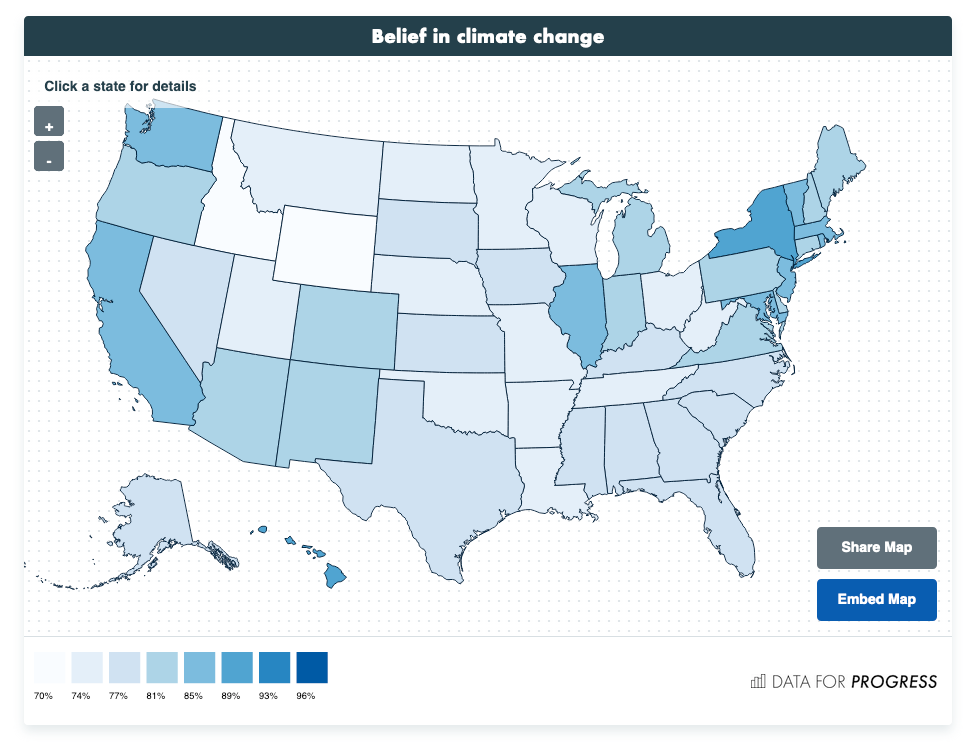B|E Brief
Even as we’re watching devastation unfold now throughout the Southeastern United States from the epic climate change-fueled disaster that is Hurricane Helene, public conversation on the topic of climate change is still relatively timid. Of course, as residents in states like Florida, Georgia, South Carolina, Tennessee, Virginia and especially what we’re seeing in North Carolina struggle to recover from what many are describing as "biblical” flooding, the issue of climate change is the last thing on their minds. That’s understandable. But to address it and solve it, let’s be honest: we need the politics to change. A change in politics gets us to a place where policymakers can finally enact stringent laws and push for the level of regulatory muscle required to shut down oil and gas polluters. This will require radical political upheaval and change - with the clock ticking fast - followed by enormous public policy courage and muscle from politicians who have been belligerent in the refusal to do anything about it. We’ve seen disasters like this before, right? So, can anything different happen?
We don’t know. Remember: we just watched a historic presidential debate where the topic didn’t even come up until the last obligatory question that was barely answered even by the candidate who would do the most about it if elected. It’s interesting because polls suggest voters are thinking about climate disaster, see this recent YouGov/Economist poll. Nearly 70 percent of Americans found climate change by itself an “important” issue, with more (43 percent) finding it very important than (32 percent) not important …
In terms of ranking, climate change ranks 5th - actually tying with abortion as a major issue …
Still, it’s just 9 percent of the overall public showing concern for it, including just 4 percent of Black voters, the demographic group that is hit the hardest by climate change destruction, whether that’s through heat waves, drought, flooding, air pollution/air poisoning, urban heat island effect and the various public health challenges that manifest as a result of generations of racist segregation and redlining policies.
As these climate disasters worsen, and the need for political change to address such intensifies, it’s essential to get a read on how voters in these recently impacted states are going to lead that change. This most recent batch of disaster zone states are what we consider “red” political states. Indeed, 5 out of 6 of those states are run by Republican governors - or those, politically, who are less inclined to even acknowledge climate change.
The state legislatures in 5 out of 6 of these states are also controlled by Republicans …
What confuses this even more is that, according to recent surveying and reporting, most Americans are expecting changes and reform around climate change, especially as disasters strike and it takes a toll on their standard of living, insurance rates skyrocket or become unmanageable or where they live becomes unlivable - yet, voters in Southern and red states impacted hard by climate disaster still support or vote for the people least likely to help mitigate climate impacts. Reports CBS …
According to data from the Yale Program on Climate Change Communication, about two-thirds of Americans are “worried” about climate change. Nearly 8 in 10 Americans support funding research into renewable energy, and 3 out of 4 support regulating carbon emissions. Two-thirds believe Congress should do more to address climate change.
Even in Jack County, Texas, where Donald Trump received 90% of the vote in 2020, 58% support regulating carbon emissions. That’s the lowest of any U.S. county.
So why is there such a disconnect between the American public and Congress?
When we look deeper into that Yale survey on climate change communication …
71 percent of Georgians think global warming is happening
73 percent of Floridians think global warming is happening
72 percent of North Carolinians think global warming is happening
68 percent of South Carolinians think global warming is happening
64 percent of Tennesseans think global warming is happening
74 percent of Virginians think global warming is happening
However: these numbers do decrease significantly when residents in these states are asked if global warming is caused by human activities, which is key. How can you solve climate crisis when you’re refusing to acknowledge the root cause of it?
Ultimately, climate is a top concerns for voters in much of these impacted states, including Georgia where 80 percent of voters believe climate change is real and including Florida (where recent data suggests “90 percent of Florida voters believe in climate change”). There is a belief it’s happening when you look at all of the states in state-by-state national sampling …
Still: many of them are still voting for Trump in the 2024 election, handed him their states in 2020, and are backing those same Republican Governors and state legislators who don’t want to do anything about climate change. In addition, surveying shows it’s a hard sell for making it a top issue in these states including places like North Carolina and Virginia , even as climate disasters intensify. Questions loom: what will be the breaking point for voting residents in these states? They believe in climate change for the most part, but when will they finally put blame on those responsible for it? And: what will they do about it?









